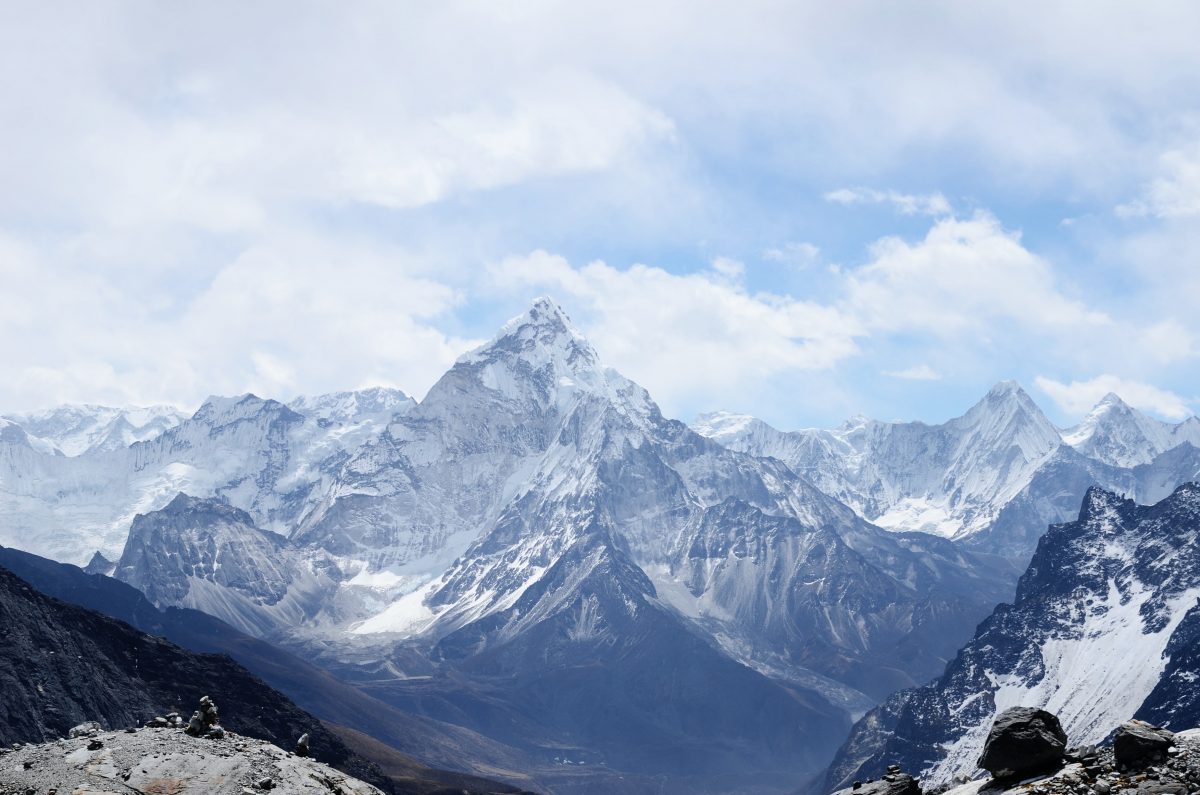“The mountains are calling and I must go!”
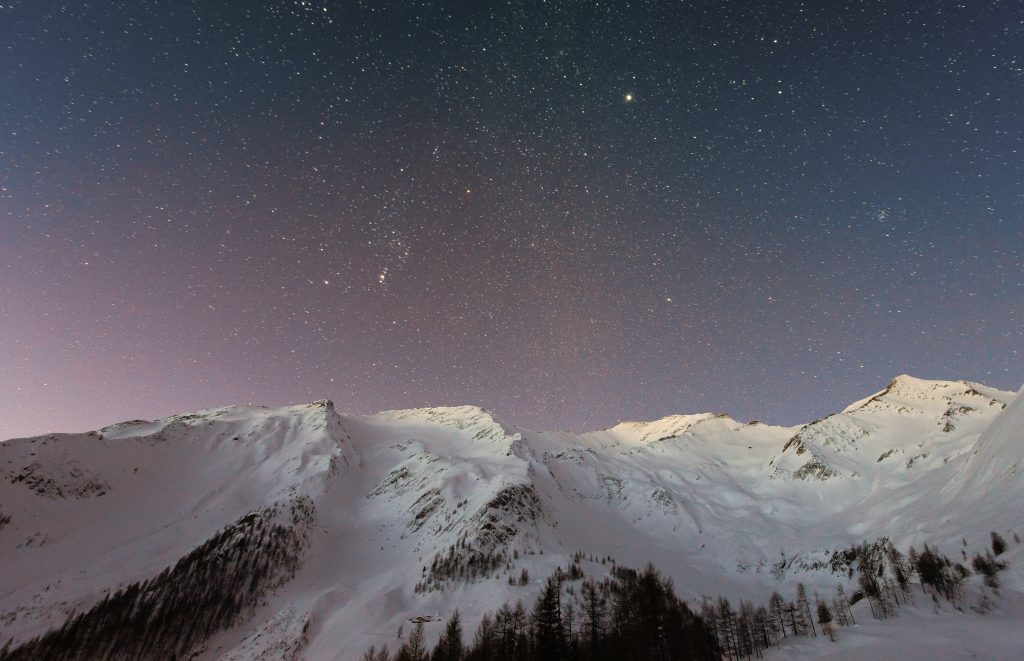

International Mountain Day is an acknowledgment of the spirit of the average human being to climb great heights (quite literally!) and show the undaunted will of mountaineers. Mountaineering is a passion and more or less- a sport of exploration into the almost impossible heights. In 2002, the UN expressed its concerns with the growing denudation of the biodiversity of the mountains, the adverse effect of climate on mountain peaks, and the year was declared as the “Year of Mountains”. In 1992, the alarm bells regarding the management of the fragile mountain ecosystems had gone off in the UN Conference on Environment and Development. Later, in 2003, to mark the day as an effort to spread awareness about the issues affecting the condition of the mountains, the UN began to celebrate December 11 as International Mountain Day. This encourages collective effort globally, to tackle concerns that indirectly affect the flora and fauna of the non-mountainous regions as well.
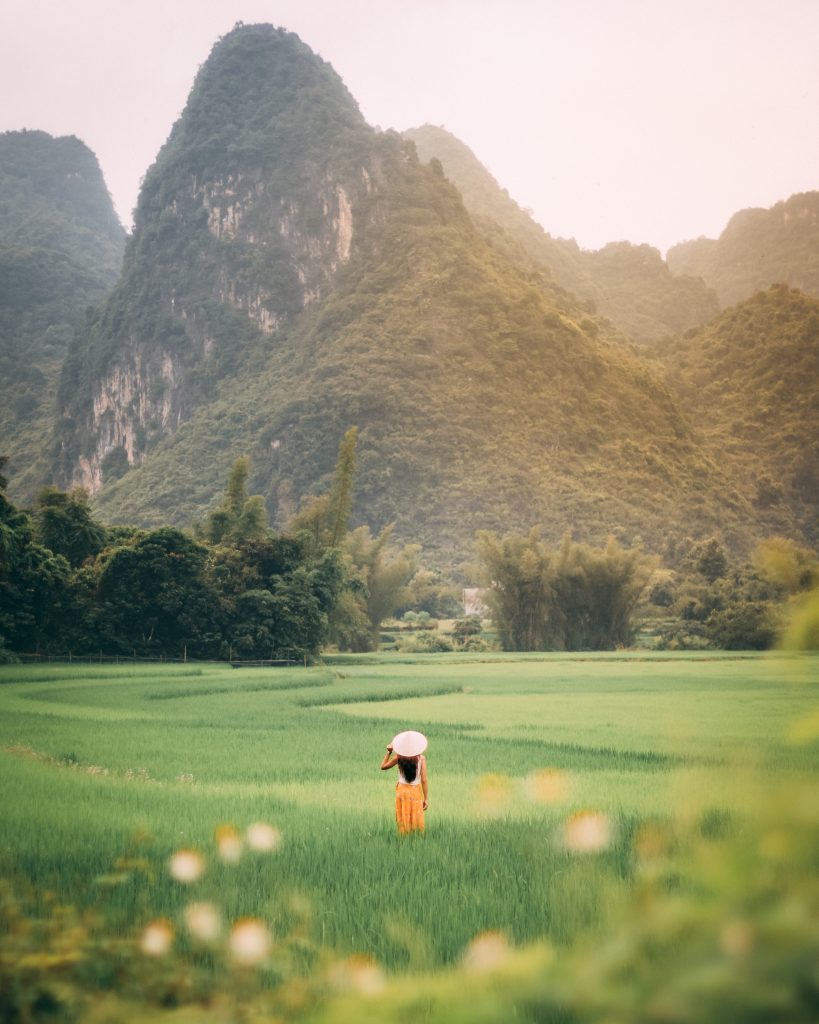

Hence, the theme of 2020, Mountain Day is “Mountain Biodiversity”. These are not just unique topographical majesties, mountains help regulate the climate of a place by acting as a barrier of winds and causing precipitation on its windward side. In India, the Aravalli range is a good example of this. Apart from this, the mountains are a host to almost half the biodiversity which must be preserved. The treasured livestock, trees, valued food products that include beverages, honey, herbs, several spices, the population of almost 1.1 million human beings (living on or near the mountains), wind-energy generation, etc — all depend on mountains.
In Hindu mythology, the importance of the mountains is deeply rooted in the holy text — The Ramayana, wherein, when Lord Hanuman is unable to search for the Sanjeevni Booti (a medicinal herb), decides to bring the entire Himalayan Mountain range to Lord Rama’s feet. Although a myth, the story showcases the superiority of the mountains’ resources that confounds even the God-incarnations about their invaluable natural products for the common human.
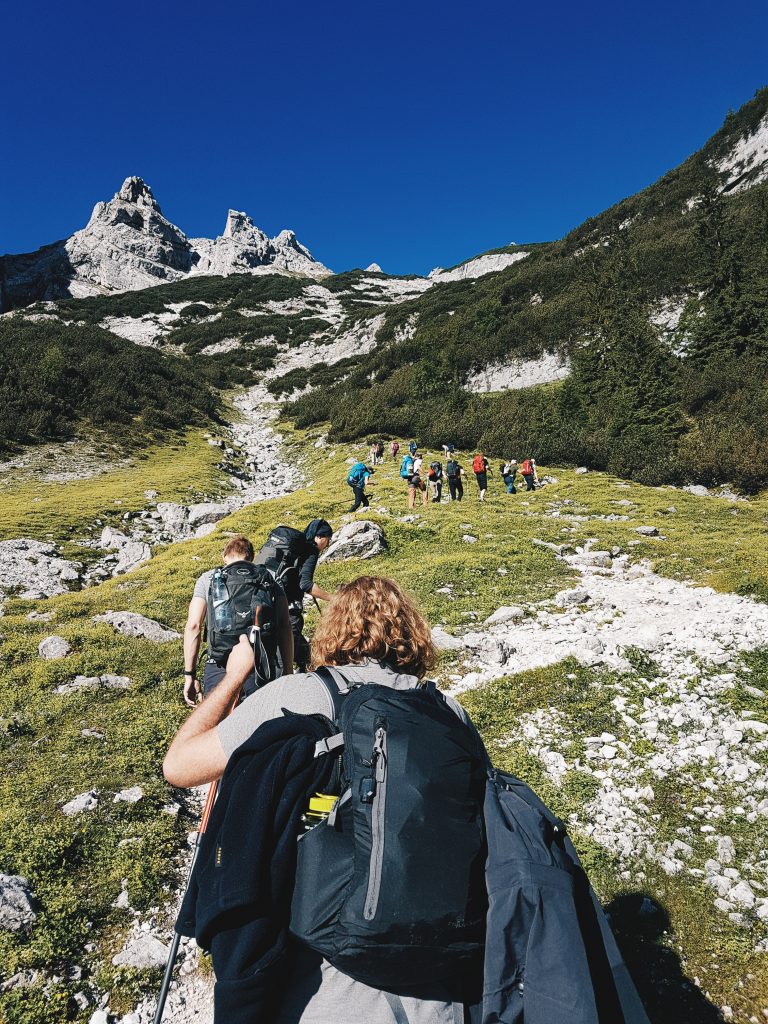

Currently, humans have begun to underestimate the importance of preservation of the mountains and an increase in the activity of mountaineering, camping, exertions are also a cause. People go on such expeditions to seek adventure and litter around. The litter is not biodegradable and mostly single-use plastic like water bottles, food packaging, etc.
Many nations have realized the graveness of the situation and have come up with interactive and exhaustive campaigns that make people present their views on the significance of mountains, their preservation, the methods or policies that can be adopted by the governments, easy-to-follow steps for the local citizens, educational campaigns for young generations, the experience of the mountaineers regarding pollution control atop the peak, etc.
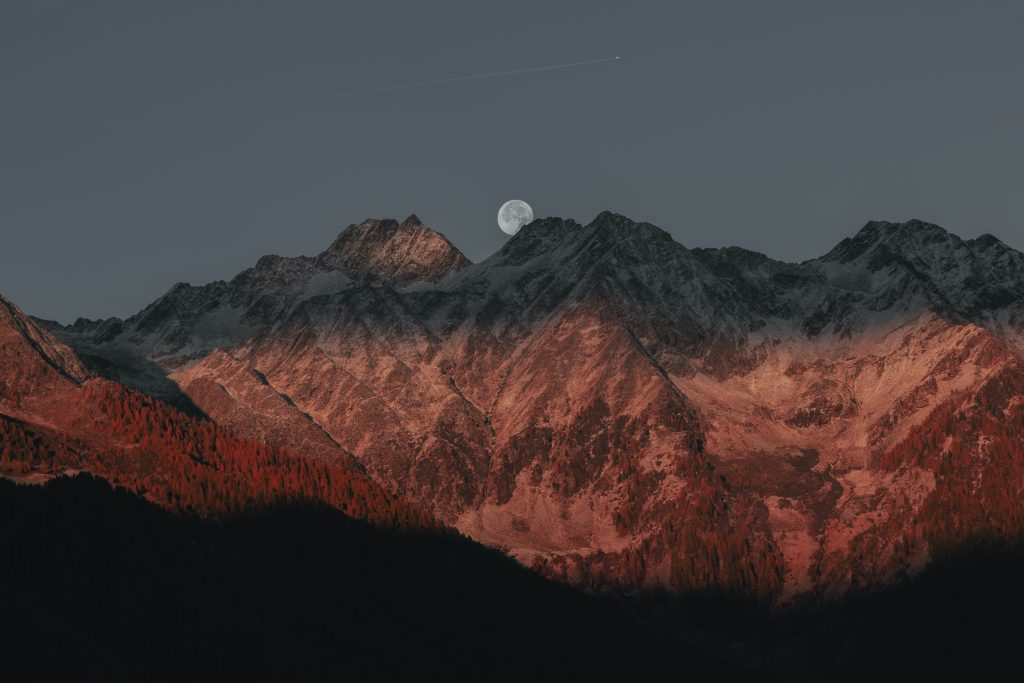

The mountains are majestic. That is how they should always be. People need to preserve their awe-inspiring grandeur and not turn them into holiday spots or neglect them altogether because they do not live anywhere near them. We need to learn about sustainable management taught through various campaigns (exclusive to any particular nation) and make others aware of how useful mountains are to us.
